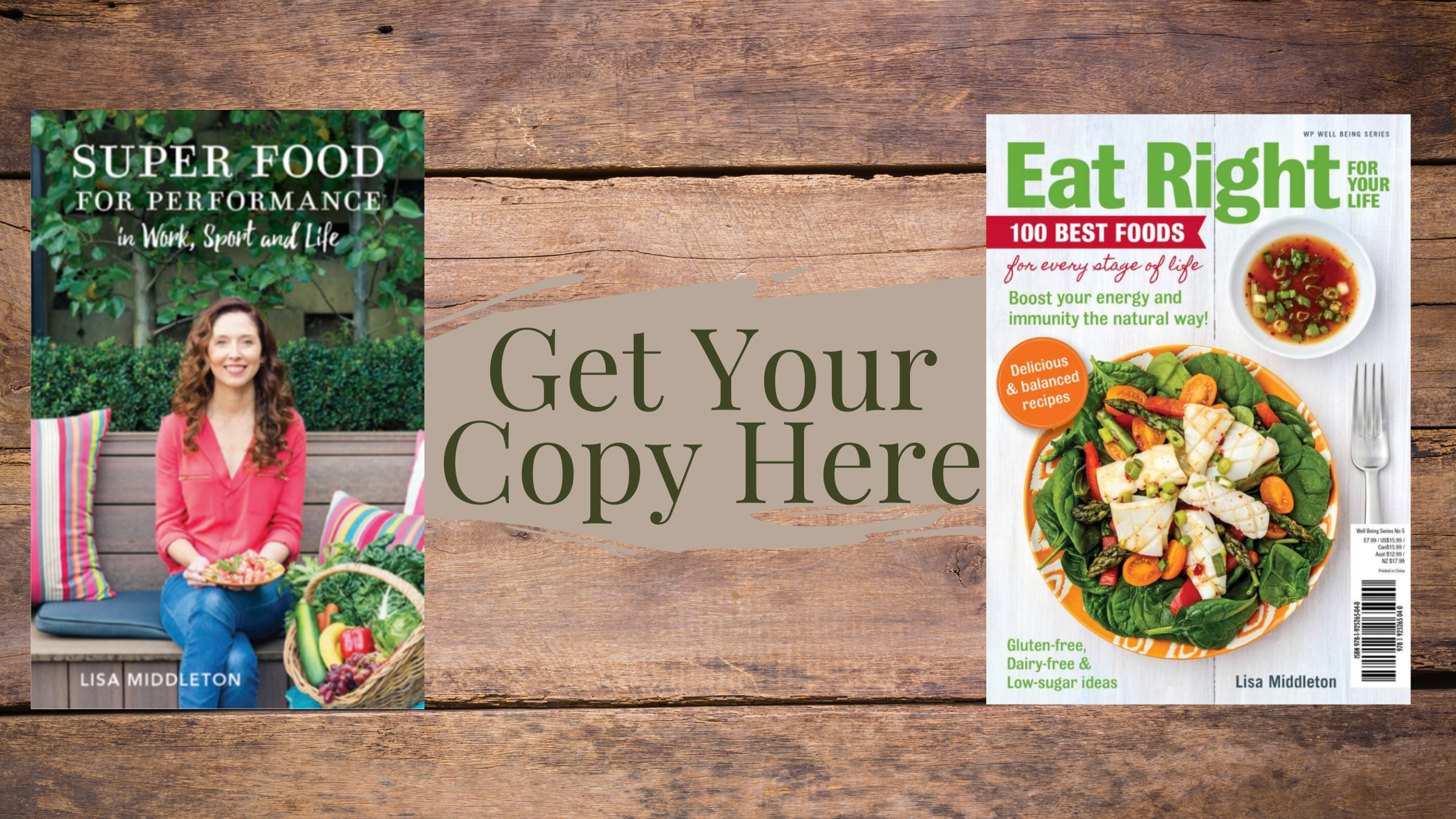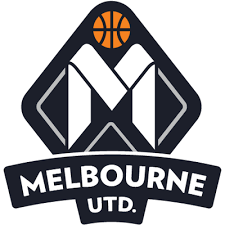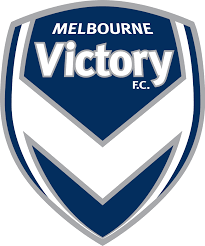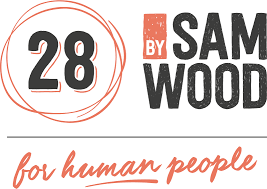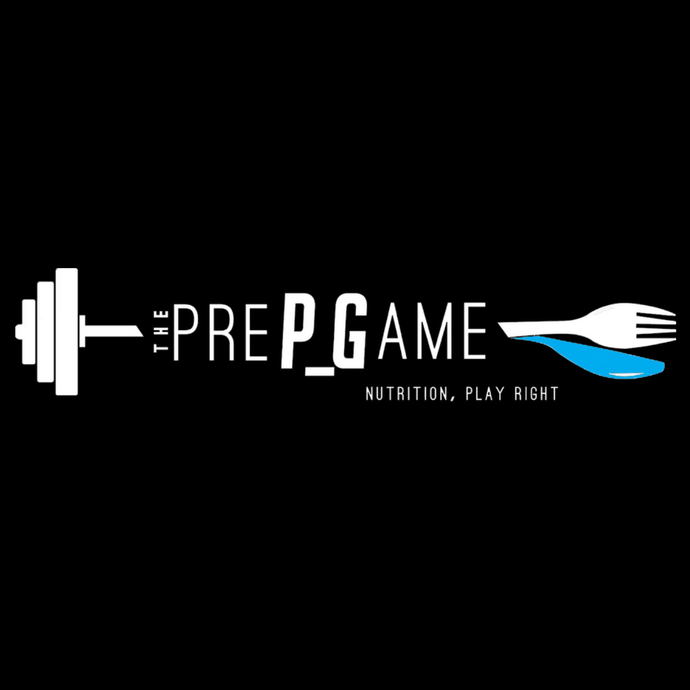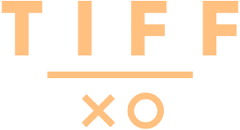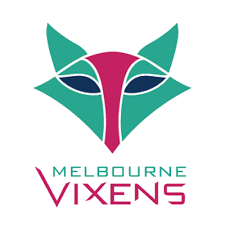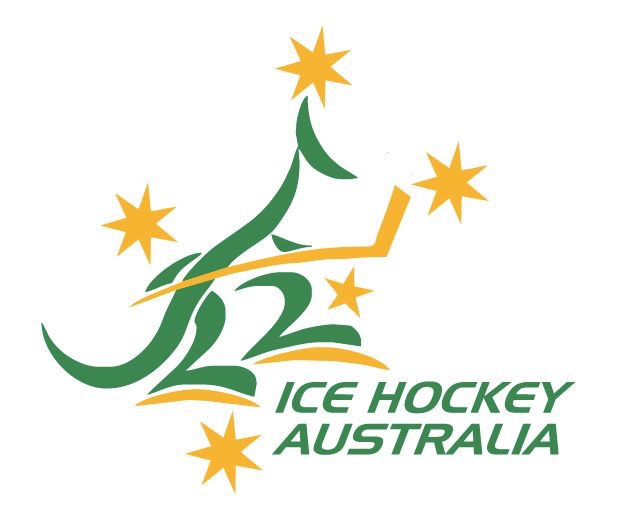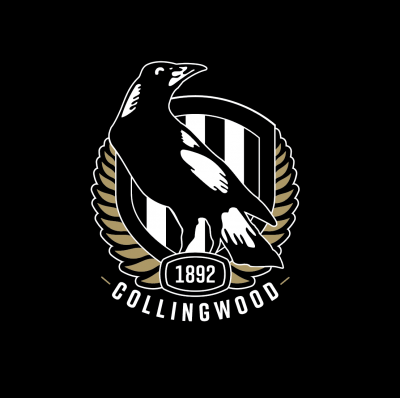Image courtesy of Melbourne United Basketball Club
Summer in Australia can get hot! Daily fluid intake is essential, but how much, and what type, do you really need for optimal energy levels, performance and health? If you train regularly you need to drink regularly, but it’s not just about drinking as much water as you can. Working out your individual needs can help you hydrate to train and perform at your best.
Why hydrate?
When we exercise we sweat, leading to higher fluid losses and increased fluid needs. Starting training hydrated means setting yourself up to:
- improve concentration and judgement
- improve co-ordination
- improve energy levels and delay fatigue
- make exercise feel easier, so you feel better and can work harder
Best fluids for training
For most exercise and sport, water is the drink of choice and totally adequate. However many active people are turning to the wide range of sports and electrolyte drinks to help power their performance. But are all the fancy formulations worth the effort and investment?
Sports drinks vs electrolyte drinks
The key question to ask is whether you need fuel, fluid and/or electrolyte replacement. Commercial sports drinks generally contain both carbohydrate and electrolytes and can be useful during prolonged training, hot and humid conditions and any time that sweat rates are high and when additional fuel in an easily consumed form is required.
If your main priority is hydration, there are a number of pill and powder options that provide electrolytes without the carbohydrate and sugars. The main electrolyte that drives hydration is sodium, so in essence you are purchasing a high salt solution to aid in fluid absorption and retention.
If you don't do large amounts of prolonged training, enough sodium will likely be consumed through foods, and additional electrolytes may not be required. However if you participate in long-duration exercise or have a high sweat rate with the potential to lose significant fluid and sodium, an electrolyte supplement could be pretty useful. Salty carbohydrate-rich snacks can be handy too for those longer pursuits as a fuel and electrolyte source – just add water! But if the event makes eating difficult, a sports and electrolyte drink or combination might work well (worth practicing in training to see what works, but for most shorter training sessions water may be fine). Sports drink swishing is another strategy if you want the effects but not the fuel and carbs, might need to write a post on this down the track.
When you are not exercising, other nutritious fluids such as milk, soup, blended fruit smoothies, juice, tea and coffee all help you to hydrate. In fact milk can have a higher electrolyte content than many sports drinks! Coffee can have a diuretic effect, so is not as effective in helping your body to hold onto the fluid you drink, but can still contribute to hydration goals. *For more hydration info, see my previous blog post Best Fluids for Hydration - Look No Further Than Soup.
Individual fluid needs vary significantly due to a number of factors. Work out how much you need and the best fluids for you for different scenarios, and ask an accredited sports dietitian if you need some help working it all out.
For more nutrition updates I would love you to send you my free newsletter every month or two, please leave your details on my website Thoughts page. I am now on Instagram too, and you can follow me on Facebook and Twitter.
